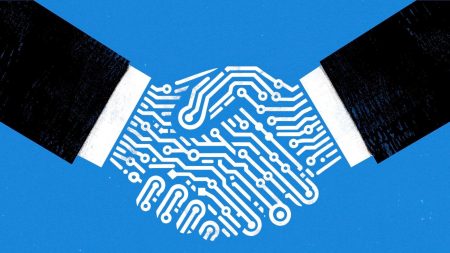In an article discussing health inequities in the United States, the focus is placed on the impact of education on length of life. While recent studies have shown that a college degree is not as important in the job market as it once was, with many workers without degrees enjoying comparable salaries, the benefits of a college education on personal health should not be overlooked. College graduates tend to have greater access to healthcare, higher incomes, safer jobs, and safer housing, all of which contribute to longer and healthier lives.
Studies have shown that those with college degrees have better health outcomes, with higher self-reported health ratings and lower rates of heart disease, depression, and diabetes compared to those with only a high school diploma. This is largely due to the fact that those with higher levels of education have higher incomes and better health insurance, allowing them access to necessary medical care. Poverty and lack of health insurance have been shown to have significant negative impacts on health, with adults without high school diplomas experiencing higher rates of poverty and uninsurance.
During the COVID-19 pandemic, those without college degrees were more likely to be essential workers and have greater exposure to the virus, resulting in a higher risk of illness and death. Additionally, higher levels of education are associated with safer and more secure housing, reducing exposure to toxins and pollutants that can lead to respiratory illness. Greater health literacy, which is associated with higher education, allows individuals to make healthier decisions, advocate for themselves, and improve health outcomes.
While the economy is changing and the importance of a bachelor’s degree is shifting, the poverty gap and resulting health inequities persist. Ensuring equal access to education by making college more affordable and providing students with better resources will be essential in closing this gap. Education plays a crucial role in determining health outcomes, and addressing inequities in education is a key step in addressing broader health disparities in the United States. Through targeted efforts to improve access to education and resources for marginalized communities, progress can be made towards ensuring equal opportunities for all Americans to live long and healthy lives.















